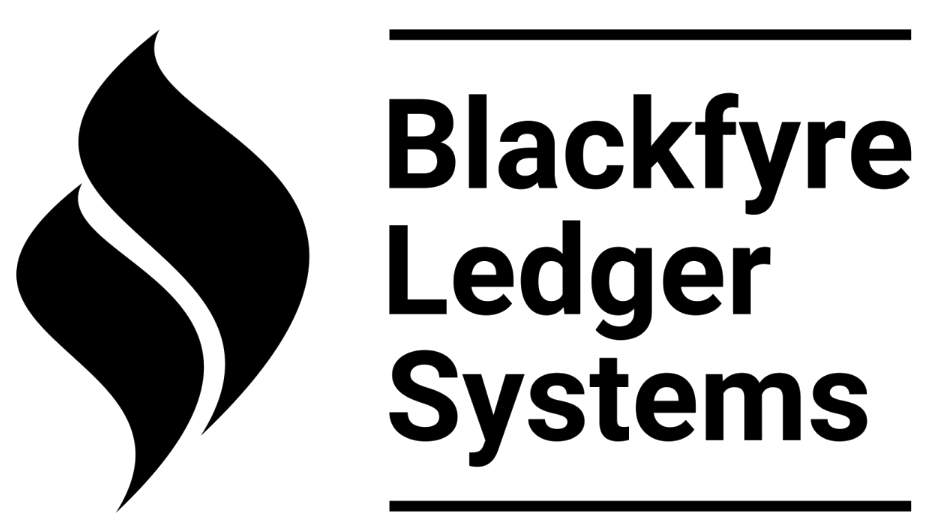AI Notetakers: Helpful Assistant or Hidden Hazard?
Is outsourcing our memory making us sharper—or slowly dulling our attention?
Imagine walking into a meeting with a silent, invisible assistant by your side, someone who captures every word, organizes the key points, and hands you a flawless summary at the end. You never have to scribble a note again. It sounds like magic but also presents potential risks.
This is the promise—and the risk—of AI notetakers.
Tools like Otter.ai, Fireflies, Sembly, and Zoom’s integrated AI assistant are rapidly becoming standard in remote and hybrid workspaces. They join our conversations, transcribe in real time, and deliver polished recaps, action items, and even sentiment analysis. For busy professionals, it’s like hiring a digital secretary who never zones out, never misses a beat, and doesn’t require a paycheck.
But as with all technology that makes our lives easier, the gains come with trade-offs.
The Advantages of AI Notetakers
AI notetakers have clear advantages:
They free your mind to stay present. Instead of splitting your focus between listening and writing, you can give your full attention to the conversation.
They help prevent important things from slipping through the cracks. For example, it can capture key insights, like that one someone mentioned in passing. You can revisit it word for word.
They’re inclusive. For people who are neurodivergent or have hearing or processing difficulties, automated transcripts and summaries can be a lifeline.
They’re searchable and shareable. Team members who missed a meeting can catch up. Clients can get follow-ups faster. Everyone can align more easily.
In fast-moving environments, especially in tech and client services, AI notetakers can act as a second brain—one that never forgets, never gets tired, and archives everything.
But What Are We Losing?
The downsides may not be immediately apparent, but they become clear over time.
1. The Distraction of Delegation
When we stop taking notes, we often lose our focus on listening closely. There’s a mental posture to notetaking—a kind of leaning in. When the machine takes over, we lean back. We assume we can check the notes later, and so we pay half as much attention now.
2. The Illusion of Accuracy
AI transcriptions seem accurate, but without editing, names are often misspelled, tones are misread, and nuance disappears. The transcript doesn’t capture raised eyebrows, ironic tones, or meaningful silences.
3. The Creep of Surveillance
When you invite an AI tool into every meeting, you’re recording not only your own voice but also others. This raises ethical questions. Did everyone consent? Is the data stored securely? Who owns the notes? In some jurisdictions, recording without consent is illegal. In others, it’s simply considered bad form.
4. The Loss of Memory Practice
There’s something powerful about writing your own summary. It forces you to process, synthesize, and remember information. Outsourcing that to an algorithm chips away at a subtle skill, such as relying on GPS so much that you can’t remember how to drive to your friend’s house.
A Quiet Question: What Are We Paying Attention To?
What does it mean to pay attention in a conversation?
There’s a reason we remember things better when we engage with them. Memory isn’t just storage; it’s part of how we connect to people. When we remember what someone said, we honor them. When we write something down, we signal that it mattered.
While AI can mimic memory, it cannot replace the human presence and engagement in conversations.
Practical Tips for Using AI Notetakers Wisely
If you use an AI notetaker—and many of us do—here’s how to get the most benefit without falling into the traps:
✅ Always disclose that recording is happening. Better yet, include it in meeting invites and re-confirm at the start of the call.
✅ Review and edit transcripts. Don’t assume they’re perfect. Use them as a starting point, not a final word.
✅ Keep your attention in the room. Jot quick notes or questions as you go. The act of writing helps you process.
✅ Store notes securely. Check the tool’s data policy. Know where your conversations are going—and who can access them.
The Bottom Line
AI notetakers are like power tools. They can make you faster, stronger, and more efficient—but only if you know when to use them, and when to put them down.
Yes, they help us relieve the burden of capturing every detail. But they can also help lead us to relinquish too much: our attention, our discretion, our memory.
Before you hand over the pen, ask yourself: Am I still fully in the room—or just trusting the machine to remember it for me?
© 2025 by Scott Denis. This work is licensed under CC BY-NC-SA 4.0.
